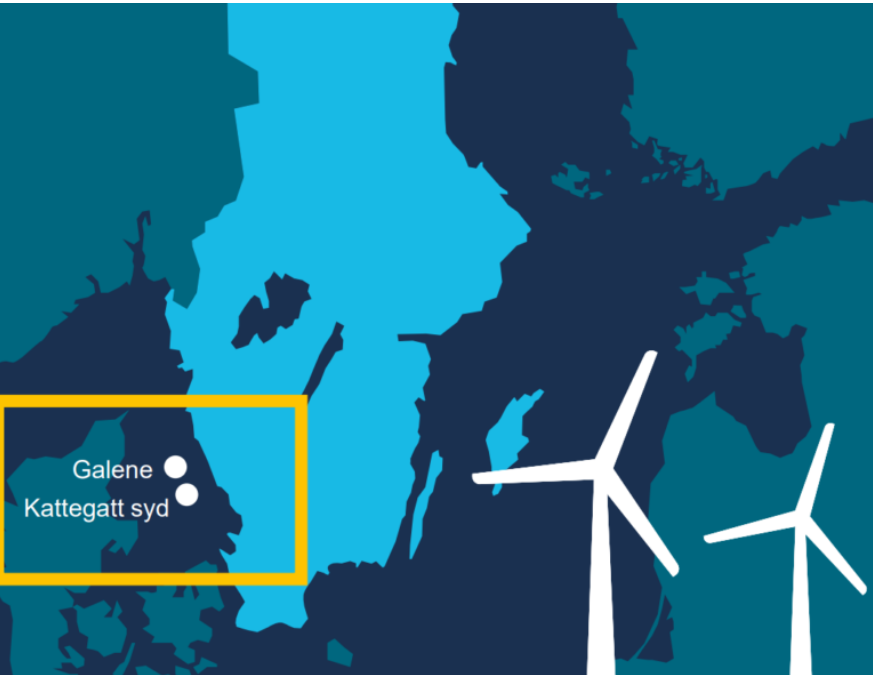
The wind farms will add a total of up to 101 turbines in the Swedish part of the Kattegat and will be able to produce up to 6.5 TWh of electricity annually, once operational. According to a press release from the Swedish Ministry of Climate and Enterprise, this corresponds to the electricity demand of approximately one million households or the electricity production of one large nuclear power reactor.
“We are now creating the conditions for the production of electricity which is long-awaited by companies in southern and western Sweden so that they can switch from fossil to fossil-free production. These two new wind farms are estimated to contribute 6.5 TWh to electricity production in southwestern Sweden, where the need for more fossil-free electricity is the greatest”, said Sweden’s Climate and Environment Minister, Romina Pourmokhtari.
Minister of Energy and Industry, Ebba Busch, said: “Sweden’s households and businesses have had a tough time, not least during the past winter. We are now gearing up to face the coming winter. But in order to get out of the energy crisis in the long term, there are no quick ways forward – we need to rebuild a robust electricity system again”.
Vattenfall’s Kattegat Syd, which will be built about 25 kilometres west of Falkenberg, will have up to 80 wind turbines installed within an area spanning 122 square kilometres.
OX2’s Galene, the northern part of the 1.7 GW Galatea-Galene project, will be built about 21 kilometres west of Varberg and comprise up to 21 wind turbines across an area of 42 square kilometres.
The County Administrative Board of Halland has already granted the Natura 2000 permits for the construction and operation of the two wind farms.
In accordance with the authorisations the projects received, they must ensure, among other things, obstacle markings and restrictions related to marine wildlife such as bats and birds, as well as those related to commercial fishing. The developers are also required to have a contingency and rescue plan, as well as safety measures and measures ensuring future recycling and decommissioning.
However, before the two wind farms can start construction, they still need to obtain a few more permissions, including permits to install subsea cables to connect the wind farms to the grid on land.
Kattegatt Syd already has an agreement of intent with the Swedish transmission system operator (TSO) Svenska Kraftnät for a connection to the main grid.